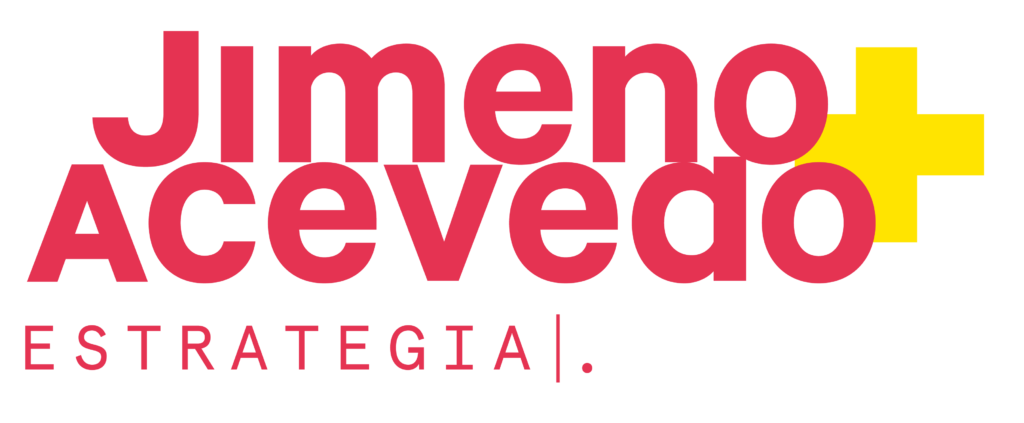
28 Feb Scandals suggest standards have slipped in corporate America
*El siguiente texto fue escrito por The Economist y tomado del sitio web: https://www.economist.com/business/2019/04/06/scandals-suggest-standards-have-slipped-in-corporate-america?cid1=cust/ednew/n/bl/n/2019/04/4n/owned/n/n/nwl/n/n/LA/222849/n . La reproducimos en nuestra página Web es con fines informativos y no comerciales.
Two things stand out about business in America today. One is how
successful American firms are: they account for 57 of the world’s 100
most valuable listed firms. The other is the bad smell hanging over a
number of powerful companies.
Boeing faces claims that it sold 737 max planes with dangerous
software. It says it is “taking actions to fully ensure the safety of
the 737 max”. Criminal charges have been filed against Goldman Sachs in
Malaysia for its role in arranging $6.5bn of debt for a state-run fund
that engaged in fraud. Goldman says it is co-operating with
investigators. A jury in California has just found that Monsanto failed
to warn a customer that its weedkiller could, allegedly, cause cancer.
Bayer, a German firm which bought Monsanto in June, says it will appeal
the verdict.
Wells Fargo, one of America’s biggest banks, has admitted creating 3.5m
unauthorised bank accounts. It says it is working to “rebuild trust with
our stakeholders”. Facebook is ensnared in scandals; its data practices
have come under scrutiny in several countries. The firm says “we need a
more active role for governments and regulators”. Some 146m customers
of Equifax, a credit-scoring firm, had their personal details stolen in
2017. It is being sued for negligence, according to its annual report. A
recent document for its investors says protecting information is “our
highest priority”.
Then there is the opioid epidemic, which involves not only Purdue Pharma, the maker of OxyContin, but also, according to a lawsuit by New York’s attorney-general, other firms including McKesson and Johnson & Johnson. Purdue says it is “deeply concerned” about opioid addiction. Last year McKesson also said it is “deeply concerned” by the epidemic and that its board has “enhanced oversight procedures related to opioid distribution”. Johnson & Johnson says it is “committed to ensuring its medicines are used correctly”.
It is tempting to view these cases as unrelated events caused by factors ranging from bad luck and human error to negligence and criminality. That would be a mistake. American firms seem to be more scandal-prone than their peers across the pond. The total market value of American firms involved in big incidents that have become public since 2016 is $1.54trn. At least 200m consumers have been affected. The figures are only $600bn and under 30m for European firms, including carmakers that faked emissions tests and Nordic banks involved in money-laundering.
America is no stranger to corporate scandals. In the 19th century abattoirs sold rotten meat. In the 1960s Detroit made cars that were “unsafe at any speed”, in the words of Ralph Nader, a consumer-rights crusader. In the 1990s tobacco and asbestos claims led to legal settlements that have cost shareholders over $150bn. Accounting scandals erupted at WorldCom, Enron and Tyco in the early 2000s, and by the mid-2000s mortgage fraud was endemic.
Today’s crises are diverse but have common elements. The firms tend to be established, with dominant market positions. Outrage infuses social media and Congress. And yet the financial cost has been limited. Take a sample of ten big American listed firms involved in controversial episodes: their median share price has lagged behind the stockmarket by a bearable 11% since the event, after adjusting for dividends. Although Boeing’s shares have lost 8% since the crash in Ethiopia, they are above their level in January.
The crises have caused bosses to stand down in only two of the ten cases: Wells Fargo and Equifax. Some adjustments to bosses’ pay have been made. Goldman says that some ex-executives’ share awards could be clawed back depending on the probe into the Malaysia incident. Equifax says cyber-security is now factored into its pay schemes. Nonetheless, for the ten firms the total pool of senior executive pay has risen over the four most recent years, to almost $600m, according to Bloomberg.
For critics of capitalism none of this will be a surprise. They argue that firms controlled by private shareholders are especially unethical. Yet it is easy to poke holes in this. Volkwagen cheated on emissions tests even though it is part-owned by the German state and has workers on its board. Despite Sweden’s cuddly “stakeholder” capitalism, Swedbank faces a criminal investigation for money-laundering.
An alternative explanation is that American capitalism has got out of kilter. It has always been restless and dynamic. Companies test the boundaries of what is possible—and permissible. Tech firms are just the latest to “move fast and break things”, to use Facebook’s unofficial slogan. But three forces have long constrained corporate conduct: regulation, litigation and competition. The aftermath of the financial crisis saw a storm of lawsuits and fines on banks. But since then each of the three forces may have weakened, increasing the incentive for firms to take risks.
Take regulation first. The system is a strange blend: there are pockets of laissez-faire attitudes here, thickets of rules there and lobbying everywhere. It is variously prone to laxity, capture and incompetence. The Federal Drug Administration allowed opioids to be sold to the masses. The Federal Aviation Administration delegated part of its inspection process to Boeing employees. The Federal Trade Commission has struggled to police Facebook. The fines imposed by some regulators can be small relative to market values of giant firms.
Second, litigation may no longer be quite the deterrent it once was. Criminal cases leading to jail terms for top executives are as rare as socialists at Goldman Sachs. And civil law has lost its bite. America has long used class-action suits to punish firms and compensate consumers. Tort costs born by firms are equivalent to about 2% of gdp a year, higher than in other countries. Nonetheless, life has got easier for firms. Arbitration clauses, in which customers and staff forfeit the right to pursue class actions, have become more common. Firms are more likely to extend cases to appeal, which can take up to a decade. One veteran class-action lawyer says that financial penalties have shrunk relative to the value of many firms, which in turn have risen as a result of a takeover wave. She complains that for the top 50 firms, the threat of a multi-billion-dollar legal settlement “doesn’t move the needle any more”.
The final constraint is competition. It can drive firms to cut corners but in the long run should act to discipline careless or badly behaved firms, because customers shun them. Kraft and Heinz boomed in the 20th century, thanks in part to a reputation for safety. Japanese car firms forced Detroit to raise its game in the 1980s. And today Netflix trounces the traditional cable tv firms which love to bamboozle customers.
But across the economy incumbent firms have got more powerful over the past 20 years, making it harder for customers to switch. There is one alternative to Boeing, Airbus, but it lacks spare capacity. Users find it hard to leave Facebook. Pesticides and herbicides, credit-checking, drug distribution and drug retailing have grown more concentrated, too. Perhaps the rash of crises will prompt corporate soul-searching. If not, public confidence in capitalism may suffer another blow.
Este artículo apareció en la sección negocios de la edición impresa bajo el título: “The new age of corporate scandals”.


Sorry, the comment form is closed at this time.